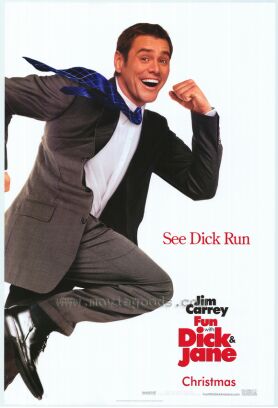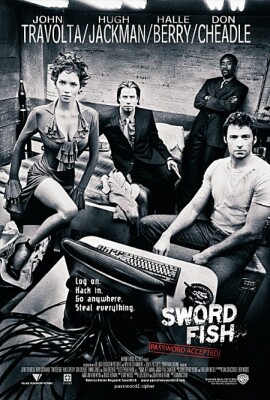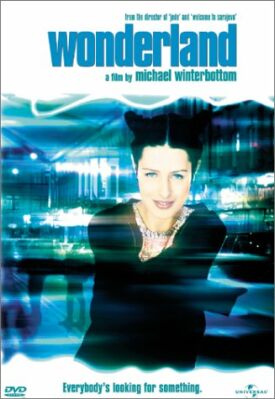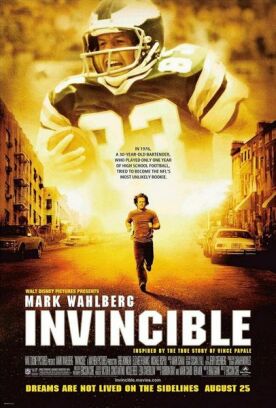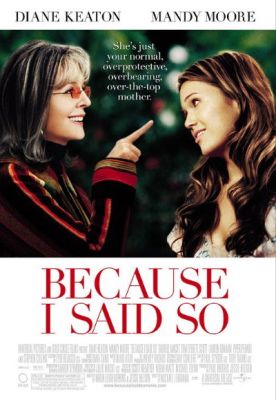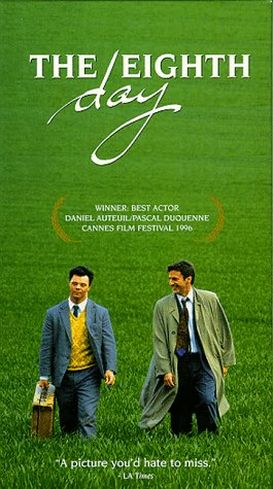Living Out Loud
Living Out Loud, written and directed by Richard LaGravenese is a
handsome tribute to a charming woman, but it has no idea where it is going. Or
rather: it knows where it wants to go, which is in the direction of a romantic
rescue, but hasn’t got the nerve to go there.
The story concerns a familiar situation. A middle-aged wife, Judith Nelson
(Holly Hunter) is abandoned for a younger woman by her husband, a successful
cardiologist (Martin Donovan), after twenty years of marriage. The story is told
in an elliptical way. We first see the two of them as a married couple. At a
supposedly romantic dinner, Judith is confronting her husband with the
information that a friend has seen him at lunch with another woman in what
looked like a situation of intimacy. He is attempting to deny it, to pretend it
is all innocent, but not doing a very good job of it. The next time we see her,
she has apparently been divorced for some time. She eats alone in restaurants,
reading a book (it is The House of Mirth by Edith Wharton, by the way,
the story of a single woman who comes to an unhappy end) and fantasizes about
being befriended or loved. She also fantasizes about jumping out of her bedroom
window, falling seven stories and landing on her husband and his new wife,
killing all three of them.
This is one of several fantasies that LaGravenese puts up on the screen
without making any attempt to separate it from the main narrative line. Thus,
when she goes to a favorite night club, Jasper’s, to hear the local celebrity,
Liz Bailey (Queen Latifah), sing, she imagines striking up a conversation with
Liz, praising her singing, befriending her and obtaining sympathy from her for
her divorce. It seems she does so but, no, it was only a fantasy. Then she goes
to try to find the ladies’ room and is dragged into a closet where she is
passionately kissed by a stranger (Elias Koteas). It is a mistake. The stranger
thought she was someone else. But he is kind, funny, sympathetic. He kisses her
for real. In two minutes they are half in love. They agree to meet back at the
club same time next week. Surely, we think, this is another fantasy. But, no, it
is apparently real. Only they don’t meet next week. Or ever again.
Did you think a feminist heroine was going to get off as easy as that? Not a
chance! Judith is supposed to be a sort of modern everywoman, which is a
dangerous thing to be if you have normal romantic expectations. In fact, the
film sets her up as a feminist symbol even before she has been divorced from her
husband. As a result, LaGravenese can only make her go from one adventure to the
next—the disappearing boyfriend, the hunky masseuse, the angry
confrontation with ex’s new wife, the friendship-that-could-be-more with the
small and dumpy concierge, Pat (Danny De Vito). But we never get
anywhere—or anywhere that looks like anywhere. The gravitational pull of
traditional romantic resolutions is too strong for the film to appear anything
but pointlessly truculent in resisting it. But the shadow cast by feminism over
the proceedings, as over so much of Hollywood’s product, makes any such
resolution impossible—as if she needed a man!
The trouble is that she thinks she does, though the movie keeps
telling her she doesn’t until finally, in the concluding scenes, she believes
it. The conflict between wanting something and being ashamed of wanting it is a
familiar one in the lives of many middle-aged, unattached women these days, but
I doubt that it is usually so easily resolved, as it is here, in learning the
joys of solitude. Similarly, she remembers her husband saying that he didn’t
want any children. He loved their life, he said, and valued the money, the
chance to travel. She accepted his decision with regret. Now she regrets her
acceptance even more. But not too much. Her longing for a child is transmuted,
by the end of the picture, into part time service at the hospital where her
husband works holding neonatal AIDS babies—doing good in a politically
correct way and pointedly not finding her fulfilment in bearing a child of her
own.
But the AIDS babies are like the old woman she looks after as a daily
nurse—or the kissing stranger or the professional masseur from whom she
gets an “erotic massage” or the girls at the lesbian club where she goes with
Liz—or, for that matter Pat, whose offer of a more permanent relationship
she cannot accept. All these people are only satellites of Judith. She is, like
God, the author of their existences. When she has no further need of them they
quietly disappear. LaGravenese tries to give an independent existence to Pat,
inventing for him an ex-wife, a dead daughter, some gambling debts and a
brother, Philly, who keeps a tavern. But his heart isn’t in it. Pat, too, is
only really real when he makes contact with Judith. When Pat says to Philly that
“This can’t be my life,” he’s right. It isn’t. His life in terms of the film
amounts to buzzing around the infinitely fascinating Judith until she has no
further use of him. Wielding such absolute powers, she may well be happy being
left alone to contemplate her own sufficiency.
Discover more from James Bowman
Subscribe to get the latest posts to your email.


